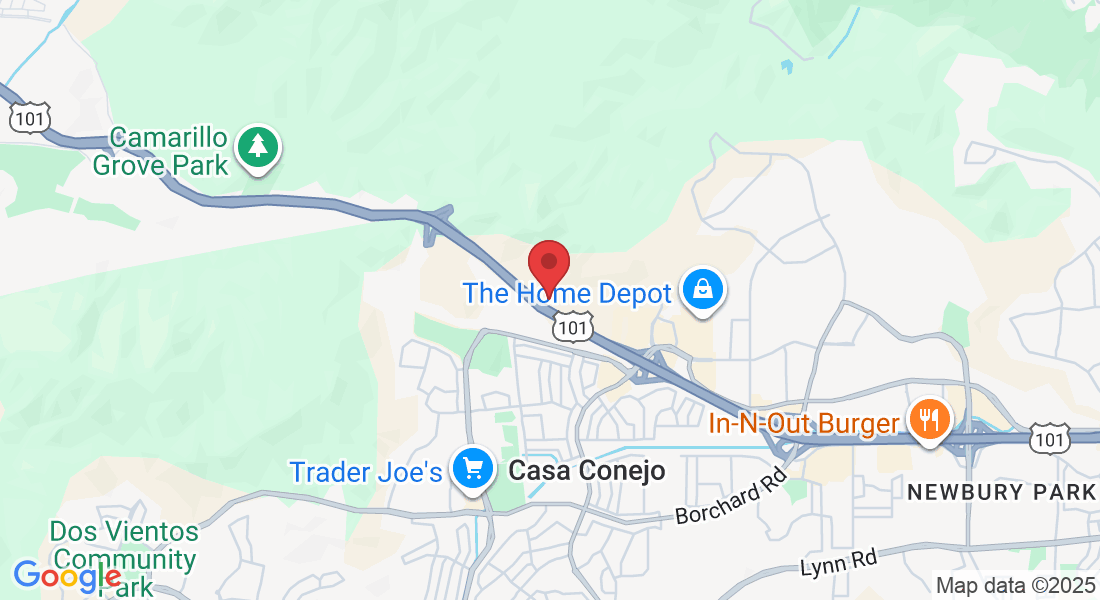Financial & Legal Options FAQs
What is a loan modification for foreclosure prevention?
A loan modification is a permanent change to your mortgage terms, such as reducing the interest rate, extending the repayment period, or adding missed payments to the loan balance. This helps make your mortgage more affordable and can stop foreclosure.
How does Chapter 13 bankruptcy stop foreclosure?
Filing for Chapter 13 bankruptcy puts an automatic stay on foreclosure, which means lenders must immediately stop foreclosure proceedings. It allows you to repay overdue mortgage payments through a structured plan while keeping your home.
Can refinancing help me avoid foreclosure?
Yes, refinancing may help if you qualify. By replacing your current mortgage with a new one that has better terms, you may lower monthly payments and bring your loan current. However, not all homeowners in foreclosure qualify for refinancing.
What are repayment plans for mortgage foreclosure?
A repayment plan allows you to catch up on missed payments over a set period by making your regular mortgage payment plus a portion of the past-due balance. This option can help avoid foreclosure if you have regained steady income.
What is a forbearance agreement in foreclosure prevention?
A forbearance agreement is a temporary reduction or pause of mortgage payments, often offered during financial hardship. Once the forbearance period ends, you must repay the missed payments through a lump sum, repayment plan, or loan modification.
What legal rights do homeowners have in a foreclosure?
Homeowners in California have the right to receive foreclosure notices, the opportunity to reinstate the loan, and in many cases, the option to pursue loan modifications, repayment plans, or bankruptcy protection. Consulting with a foreclosure advocate or attorney can help you fully understand your rights.


